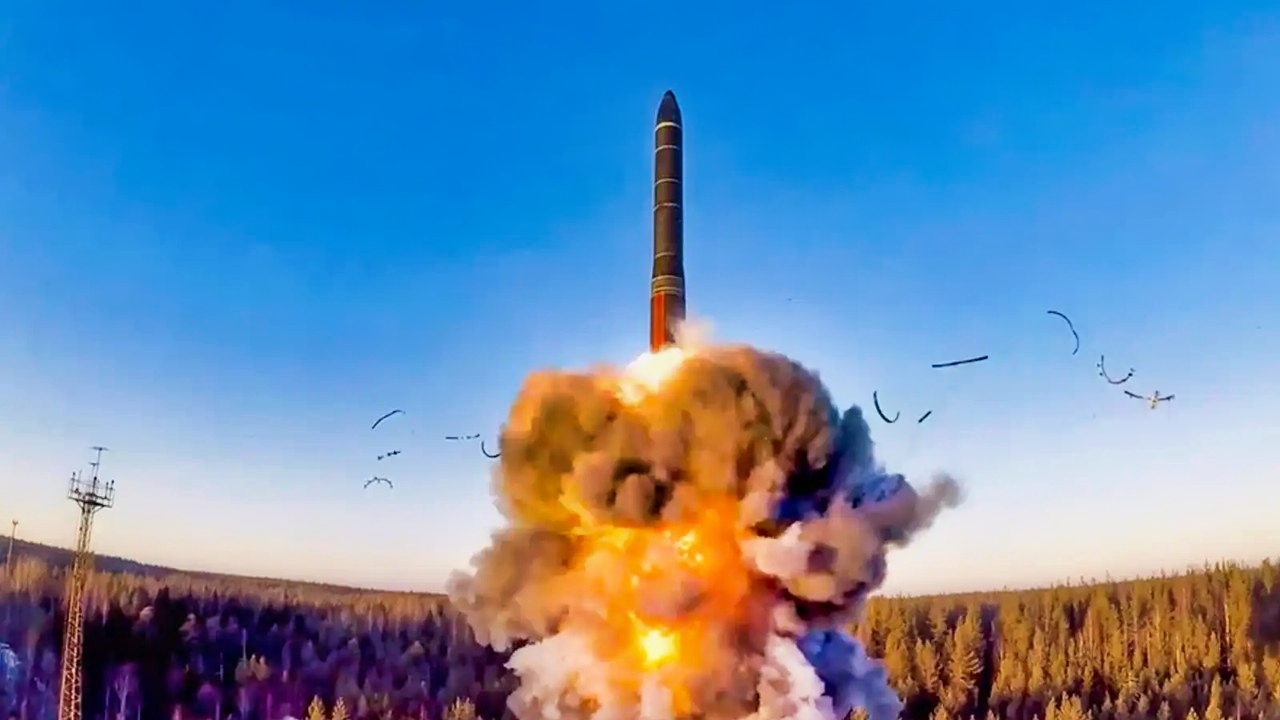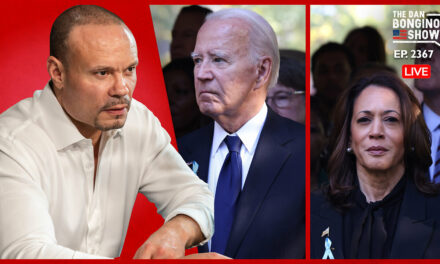We support our Publishers and Content Creators. You can view this story on their website by CLICKING HERE.

Last week, Ukrainian President Volodomyr Zelenskyy made plain Ukraine’s post-war dilemma; “Either Ukraine will have nuclear weapons, and that will be our protection, or we should have some sort of alliance. Apart from NATO, today we do not know any effective alliances.” The comment served as a stark reminder that a cease-fire in the Russia-Ukraine War will only provide for a lasting peace if Ukrainian security is assured. That said, while the comments attracted attention, there is likely no reasonable path for Ukraine to re-establish its nuclear arsenal, and even if it were to do so, such an arsenal is no guarantor of Ukraine’s security.
Ukraine and Nuclear Weapons: Was That Ever Viable?
President Zelenskyy cited Ukraine’s decision to give up the nuclear arsenal that it had inherited from the Soviet Union as a critical cause of Ukraine’s insecurity today. However, despite the facile insistence of certain “pop realists,” holding onto a nuclear arsenal after independence was never a plausible option for Ukraine. Maintaining the nuclear force would have been inordinately expensive, would have poisoned relations with Russia, Europe, and the United States, would have undercut Ukraine’s economic recovery, and would have been enormously difficult from a technical perspective. A Ukraine that could barely pay for its own defense in 2014 is not a Ukraine that looks very secure with a nuclear arsenal.
That said, if Ukraine decided to “eat grass” it could probably build some kind of nuclear stockpile. As a highly educated country with a relatively large population, significant industry, and a history with nuclear technology, Ukraine could probably scrape together the materials and technical capacity necessary to construct weapons, although it would take some time and probably ruin Ukraine’s relationship with key partners in Europe and Asia. But this would not be the end of Ukraine’s problems; it might create a new, more dangerous set of troubles.
Why Nuclear Weapons?
The purpose of a nuclear arsenal is deterrence; the weapons are never supposed to be used as anything but a threat. And if Russia is not deterred? Nuclear weapons are not a geostrategic “get out of jail free” card, which immediately frightens the world into compliance. India and Pakistan have conducted military operations against one another despite having nuclear weapons; Russia and the United States have waged proxy wars against one another despite the presence of nuclear weapons; the United Kingdom and Israel have suffered conventional attacks from non-nuclear countries despite their nuclear arsenals. Given that a nuclear arsenal would make Ukraine more threatening to Russia, it might even increase Moscow’s incentive to launch conventional attacks. In such a case, Ukraine would need to decide whether saving territory was worth the potential for complete nuclear annihilation.
Ukraine would also need to make immense investments in delivery systems. For reasons of geography, ballistic missile submarines (the most survivable system of delivery) are impossible, meaning that Ukraine would need to rely on aircraft and ballistic missiles. Both would be deeply vulnerable to pre-emptive Russian attack, probably because they could not be regarded as representing a secure second-strike capability. Due to escalation concerns, Russia might not target Ukrainian nuclear installations or Ukrainian command and control systems at the onset of hostilities. Nevertheless, Ukraine would need to prepare for attacks on those installations and those systems, which would require the expenditure of vast sums that would restrict Ukraine’s capacity for defending itself from conventional attacks.
Nuclear weapons also do not spare Ukraine the kind of political and economic interference that Russia has engaged in over the past three decades. Nuclear threats can’t prevent the infiltration of Russian criminal networks into Ukraine or the subversion of Ukrainian religious institutions. They cannot avert Russian money from corrupting the Ukrainian political system or buying off key actors in border regions. They cannot prevent cyberattacks or the relentless streams of disinformation that Russia has rained upon the Ukrainian body politic.
What Happens Now?
President Zelenskyy has grown into an adept international statesman, and it is pretty likely that he is aware of all these problems. His statement should be taken as a rhetorical gesture, a reminder of what Ukraine has given up in the interests of world peace and the costs that Ukraine has been forced to pay.
The best guarantor of Ukraine’s future safety is either membership in NATO or a binding security agreement with the United States, France, and the United Kingdom. Nevertheless, the mention of nukes serves to put an exclamation point on Ukraine’s quest for security, which the world will need to address if a lasting cease-fire is to be found.
About the Author: Dr. Robert Farley
Dr. Robert Farley has taught security and diplomacy courses at the Patterson School since 2005. He received his BS from the University of Oregon in 1997, and his Ph. D. from the University of Washington in 2004. Dr. Farley is the author of Grounded: The Case for Abolishing the United States Air Force (University Press of Kentucky, 2014), the Battleship Book (Wildside, 2016), Patents for Power: Intellectual Property Law and the Diffusion of Military Technology (University of Chicago, 2020), and most recently Waging War with Gold: National Security and the Finance Domain Across the Ages (Lynne Rienner, 2023). He has contributed extensively to a number of journals and magazines, including the National Interest, the Diplomat: APAC, World Politics Review, and the American Prospect. Dr. Farley is also a founder and senior editor of Lawyers, Guns and Money.

 Conservative
Conservative  Search
Search Trending
Trending Current News
Current News 





